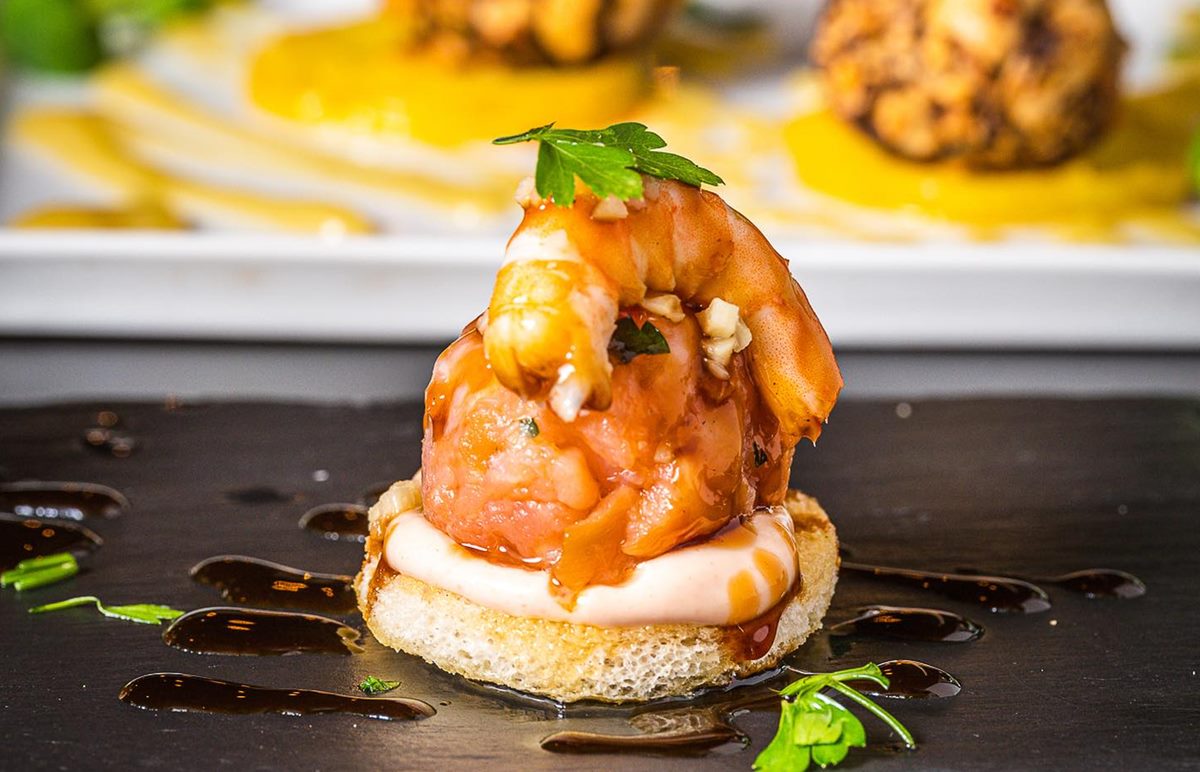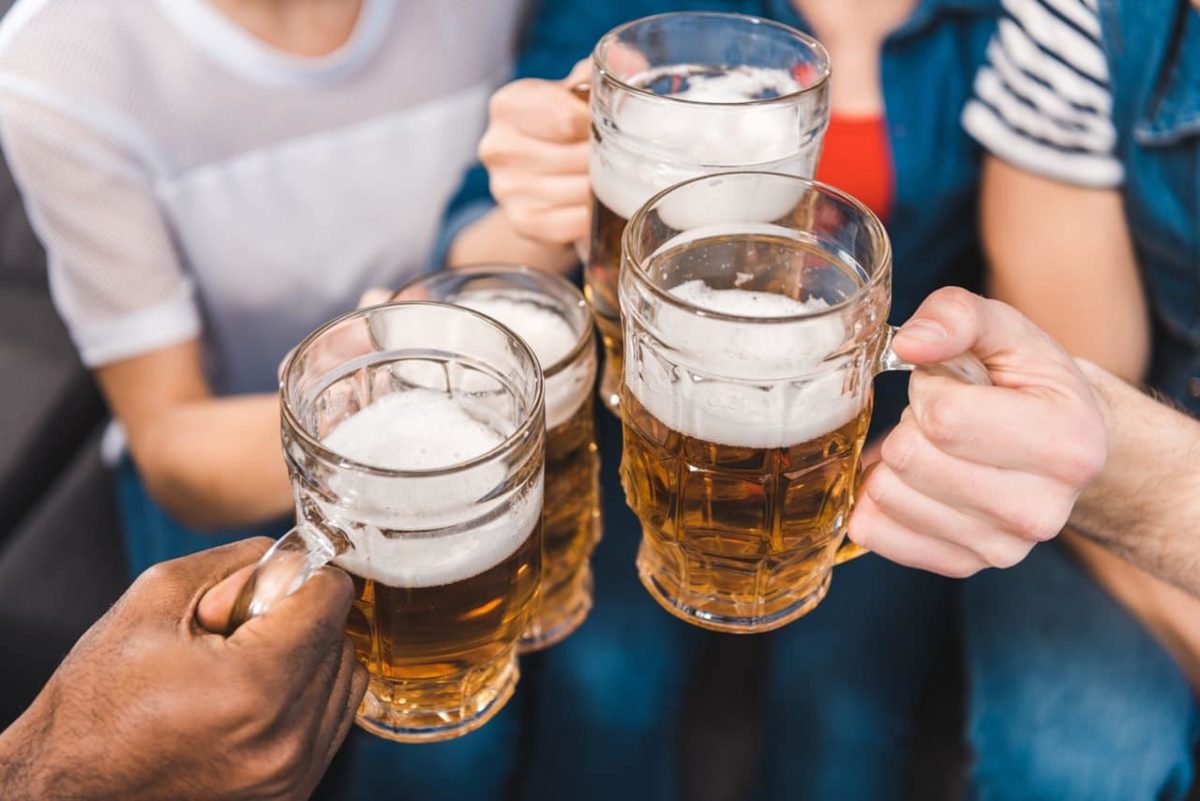The Tenerife Island Council will invest 250,000 euros this year in the promotion of agricultural and alimentary products and 150,000 euros in direct aid to encourage the decarbonisation of the wine sector, traceability controls and the modernisation of wineries.
The island’s Minister for Agriculture, Livestock and Fisheries, Javier Parrilla, announced in a press release after the meeting of the Island’s Wine Board that the direct aid will be aimed at controlling the traceability of the island’s wine harvest and providing advice on the implementation of the ‘digital notebook’.
They will also be allocated to the inclusion and calculation of the energy and nutritional value on the label, and to the calculation and certification of the carbon footprint, which will soon be compulsory for producers who are economically active.
As far as promotion is concerned, Javier Parrilla stresses the importance of continuing to publicise the richness and uniqueness of each of the six designations of origin operating on the island at island, national and European level.
“Since the beginning of our mandate we have made it a priority to guarantee stability in the island’s wine sector, and we will continue to make a firm commitment to the marketing of our wines,” he added.
Likewise, it has been proposed to start defending the island’s wine-growing areas, and the island councillor said that he would soon present a proposal to this effect.
The meeting was attended by the director of the Canary Islands Institute of Agriculture and Food Quality (ICCA), Basilio Pérez; the head of the Island Council’s Technical Service for Agriculture and Food Quality and Valorisation, Antonio Bentabol; and the head of the Island Council’s Oenology Unit, María Hontoria, as well as representatives of the designations of origin operating on the island.
The Island’s Wine Board also agreed to launch a campaign to inform consumers that only the information on the back label on a bottle of wine guarantees the origin of the grape.
“The aim is for consumers to know how to differentiate Tenerife wines from others which, although they may appear to be of local origin, are made with imported wines and without any contribution to the local primary sector,” the minister emphasised.
He reiterated that those wines that lack the counter-label of one of the Denominations of Origin do not have this guarantee.






